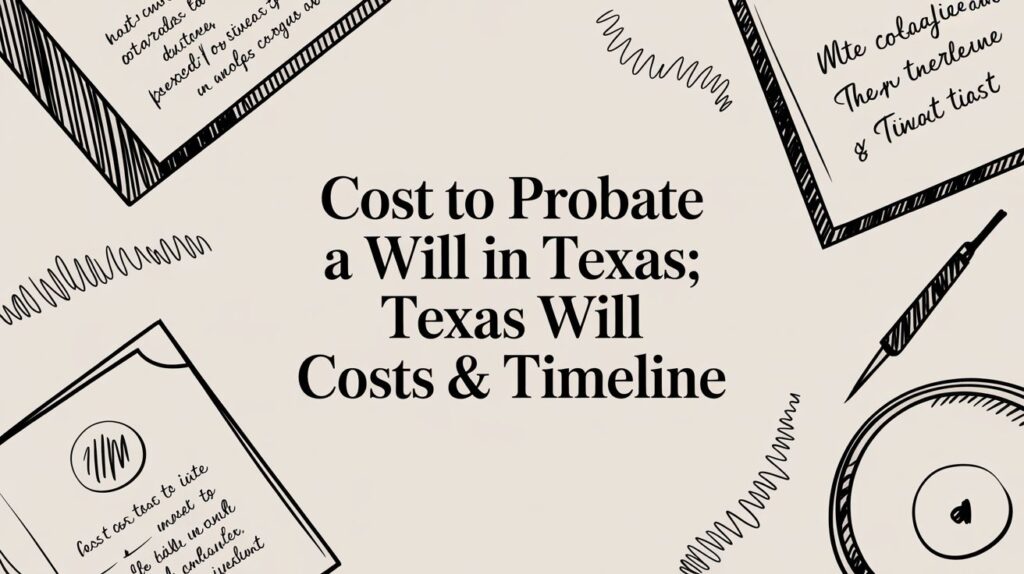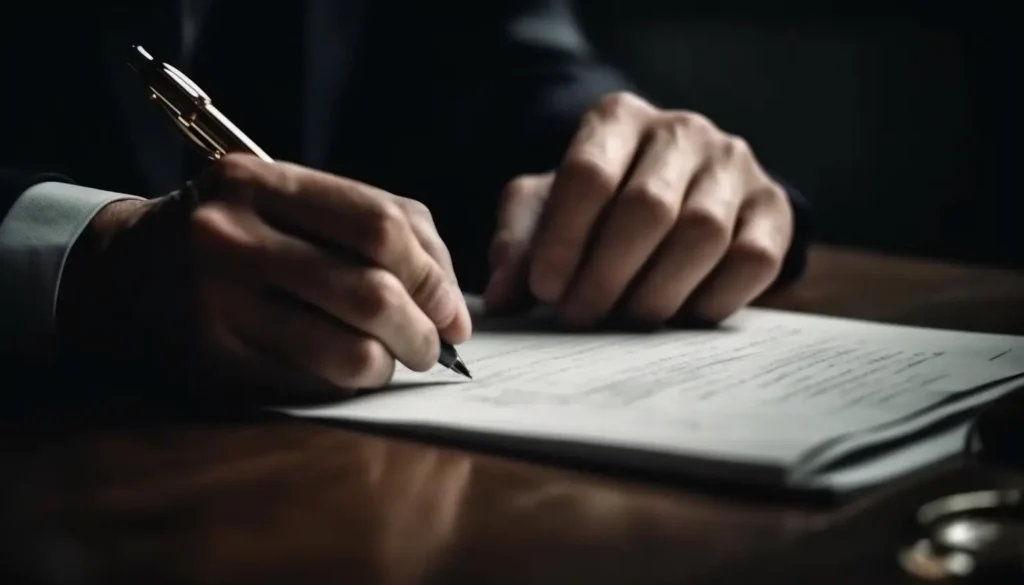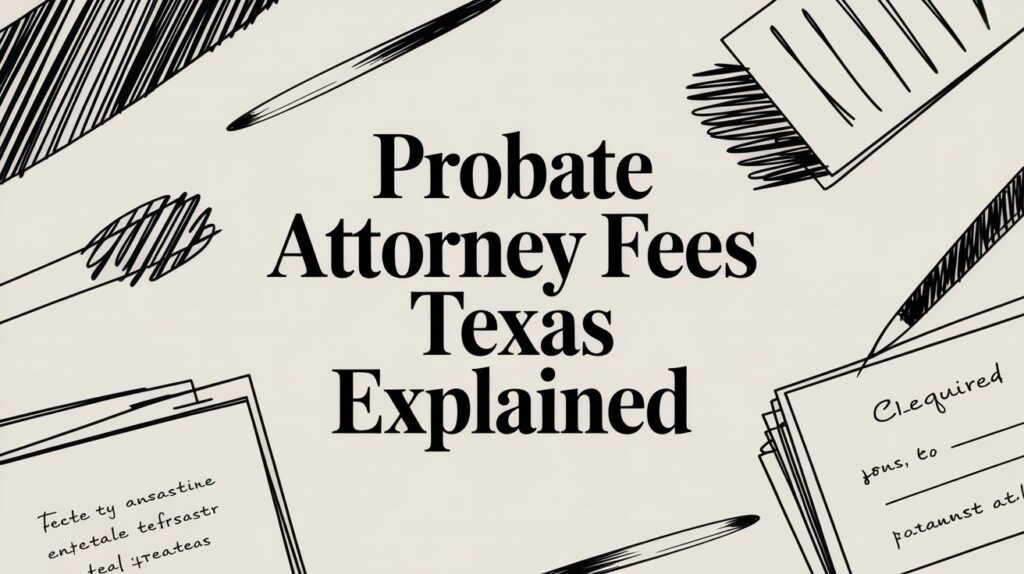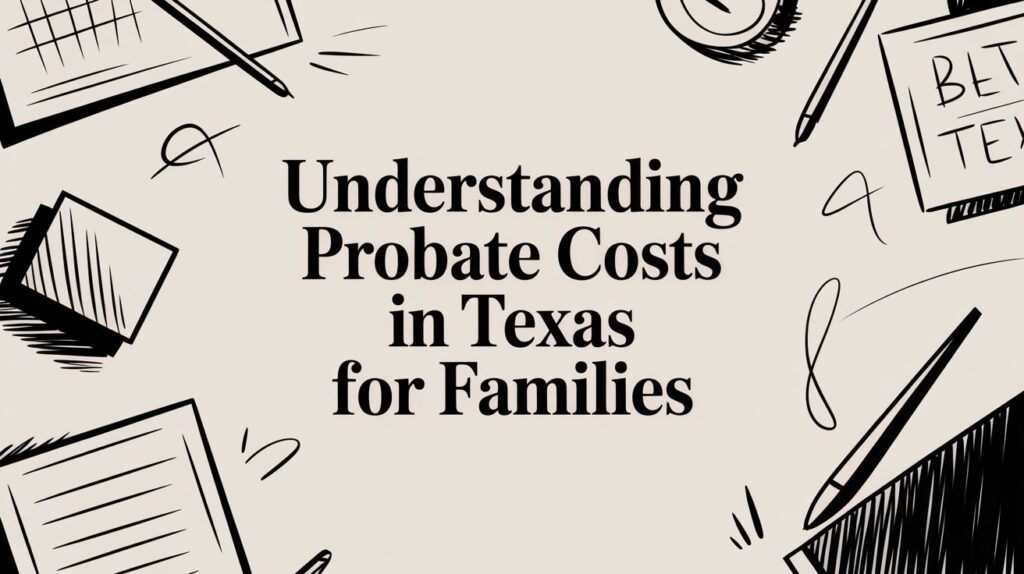After a loved one passes away, emotions often run high—and when a will is read, not everyone walks away satisfied. Some are left feeling confused, shocked, or even betrayed by what’s written (or not written) in the will. That’s when the question arises: Can I contest this will? To answer that, you need to understand contest will eligibility requirements, which are more complex than most people expect.
Whether you’re a family member who was unexpectedly cut out, or someone concerned about suspicious circumstances surrounding the will’s creation, this article breaks down contest will eligibility requirements in plain English. We’ll explore who can contest a will, under what conditions, and how to approach the process in a strategic and informed way. Through real-life examples and a conversational tone, you’ll gain clarity on what it really takes to challenge a will—and whether you’re eligible to do so.

Why Contesting a Will Is More Common Than You Think
When Final Wishes Raise Legal Questions
Contesting a will used to be rare and taboo, but now it’s increasingly common—especially as blended families, second marriages, and larger estates become more prevalent. Still, not just anyone can walk into probate court and say, “I don’t like this will.” Texas (and most other states) have strict contest will eligibility requirements, and you need to meet them to even get your foot in the courtroom door.
Real-life example: Mark, a 42-year-old son from Houston, was shocked to discover his father left everything to a new spouse he married two years before passing. No mention of Mark or his sister. Was it a valid decision? Maybe. But Mark needed to first determine if he was legally eligible to contest the will before challenging its terms.
What Does It Mean to “Contest” a Will?
It’s Not About Hurt Feelings
Contesting a will means filing a legal challenge in probate court to dispute the validity of the will. It’s not about being disappointed—you must allege that something about the will is legally invalid. That could mean:
- The person wasn’t of sound mind when signing it
- Someone exerted undue influence or coercion
- The will was forged or improperly executed
- A newer will exists and should override the one on file
To pursue any of these claims, you first have to meet the contest will eligibility requirements, which act like a filter to prevent frivolous lawsuits or challenges based purely on emotion.
Contest Will Eligibility Requirements: Who Can File?
You Must Have Legal Standing
The first and most important rule? You must have standing to contest a will. That means you must be directly affected by the outcome of the will.
Here’s who usually qualifies:
- Beneficiaries named in the current or a previous will
- Heirs-at-law who would have inherited if no will existed (e.g., children, spouses, parents)
- Creditors in limited situations (depending on the state)
- Legal guardians or representatives of those affected

If you don’t fall into one of these categories, your case won’t make it past the courthouse doors.
Example: Let’s say you’re the grandchild of the deceased, but your parent (their child) is still alive and listed in the will. Unless you were specifically named, you may not have standing to challenge the will under most states’ contest will eligibility requirements.
Timing Is Everything: The Contest Window
Deadlines Vary by State
Even if you’re eligible to contest a will, you must act within a strict time frame. This is called the “statute of limitations,” and it varies based on state law.
In Texas, for example, the deadline is typically two years from the date the will is admitted to probate. But other states allow much less time—sometimes just a few months.
Waiting too long is one of the most common reasons valid will contests are dismissed. Understanding the contest will eligibility requirements means not only knowing if you qualify, but also when you need to act.
Valid Grounds for Contesting a Will
You Need a Legal Basis—Not Just Suspicion
Meeting the contest will eligibility requirements is just the first step. Next, you need to assert one or more valid legal grounds for the challenge. Here are the most common:
Lack of Testamentary Capacity
The person must have been of sound mind when making the will. If they didn’t understand:
- What they owned
- Who their family was
- What they were doing in signing the will
…then the will may be deemed invalid.
Example: A woman in Dallas contested her aunt’s will after Alzheimer’s was documented in her medical records a month before the will was signed. The court ordered a hearing, and testimony from doctors helped prove lack of capacity.
Undue Influence
This happens when someone pressures the testator (the person writing the will) into signing something they wouldn’t have agreed to otherwise.
Warning signs include:
- A new will suddenly favors a caregiver or outsider
- The testator was isolated or heavily dependent on someone
- The will was changed under suspicious circumstances
Fraud or Forgery
If the will was signed under false pretenses or someone forged the signature, it’s invalid. Proving this requires strong evidence, such as handwriting experts or witnesses.
Improper Execution
Each state has rules about how a will must be signed and witnessed. If these aren’t followed, the will can be thrown out—even if the intent was legitimate.
What Happens During the Contest Process?
It’s Like a Civil Lawsuit in Probate Court
Once you file your contest, you begin what’s essentially a lawsuit. The burden of proof is on you as the contestant. Here’s how it generally unfolds:
- Petition Filed: You submit your formal challenge to the court.
- Discovery Begins: Both sides gather evidence—medical records, emails, witness testimony.
- Hearings and Motions: You may attend several court hearings before trial.
- Settlement or Trial: Many will contests settle out of court, but some go to trial.
Understanding the contest will eligibility requirements means you also need to be emotionally and financially ready for what follows. These cases aren’t quick or easy—but if successful, they can result in a fairer distribution of assets or even nullify an entire will.
Real-Life Story: The Case of the Disinherited Daughter
Linda, a woman from Austin, had always been close to her mother. So when her mother died and left the entire estate to a new boyfriend of two years, Linda was shocked. She found out her mother had changed the will after a hospital stay, during which she was heavily medicated.
Linda met the contest will eligibility requirements as her mother’s direct heir. She filed a claim based on undue influence and lack of capacity. After a lengthy legal battle, the will was invalidated, and the estate was split according to Texas’s intestacy laws.
Her case shows why understanding contest will eligibility requirements is vital before filing—and why preparation and persistence matter just as much as eligibility.
What If You’re Not Eligible?
Alternatives to a Formal Contest
Not everyone will meet the criteria to file a formal will contest. If you don’t meet the contest will eligibility requirements, all isn’t lost. You may still have other options:
- Request mediation with the executor and other beneficiaries
- File a claim as a creditor, if you’re owed money
- Submit a formal objection to the will’s admission to probate (if timing allows)
- Pursue litigation for breach of fiduciary duty if the executor is mishandling the estate
:max_bytes(150000):strip_icc()/GettyImages-695596764-f85a2ca6141c41f7ba858ffb56e9b1fd.jpg)
Just because you can’t file a direct contest doesn’t mean you’re powerless.
Common Mistakes People Make When Contesting a Will
What to Avoid at All Costs
Even with valid reasons and eligibility, many people derail their own case by making preventable errors. Here are some of the most common:
- Waiting too long to file
- Failing to gather strong evidence
- Hiring a general attorney instead of a probate specialist
- Trying to handle the case without legal help
- Letting emotions override strategy
Meeting the contest will eligibility requirements is only step one—you still need to build a strong, evidence-backed case and follow legal procedures precisely.
How Long Does a Will Contest Take?
Be Ready for the Long Haul
Will contests are often emotionally charged and legally complex. They can take several months to a few years, depending on the complexity of the estate, the number of heirs, and how much evidence needs to be reviewed.
- Simple uncontested issues: 3–6 months
- Contested cases with hearings: 12–24 months
- Full trials: 2 years or more
Understanding the timeline helps set realistic expectations for those who meet the contest will eligibility requirements and are preparing for a legal battle.
Do You Need a Lawyer to Contest a Will?
Absolutely—Here’s Why
While technically you can represent yourself, contesting a will without legal expertise is rarely successful. An experienced probate attorney can:
- Confirm your eligibility
- Assess the strength of your case
- Collect and present evidence
- Navigate court rules and deadlines
- Advocate for you during hearings or mediation

Meeting the contest will eligibility requirements gets you into court—but having a lawyer gives you a fighting chance of winning.
Final Thoughts on Contest Will Eligibility Requirements Explained Clearly
Contesting a will is never easy—emotionally or legally. But if you have reason to believe something was wrong with the way a will was created, and you meet the legal threshold to challenge it, you have the right to seek justice. Understanding the contest will eligibility requirements is the first and most important step in that process.
From knowing who qualifies to understanding valid legal grounds and being aware of key deadlines, this knowledge empowers you to take action—or know when it’s best to move on. And if you’re facing a situation where a will feels unfair or suspicious, don’t let confusion keep you from exploring your options.
With the right legal guidance, proper documentation, and clear knowledge of contest will eligibility requirements, you can stand up for what’s right and ensure that your loved one’s legacy is handled properly.








